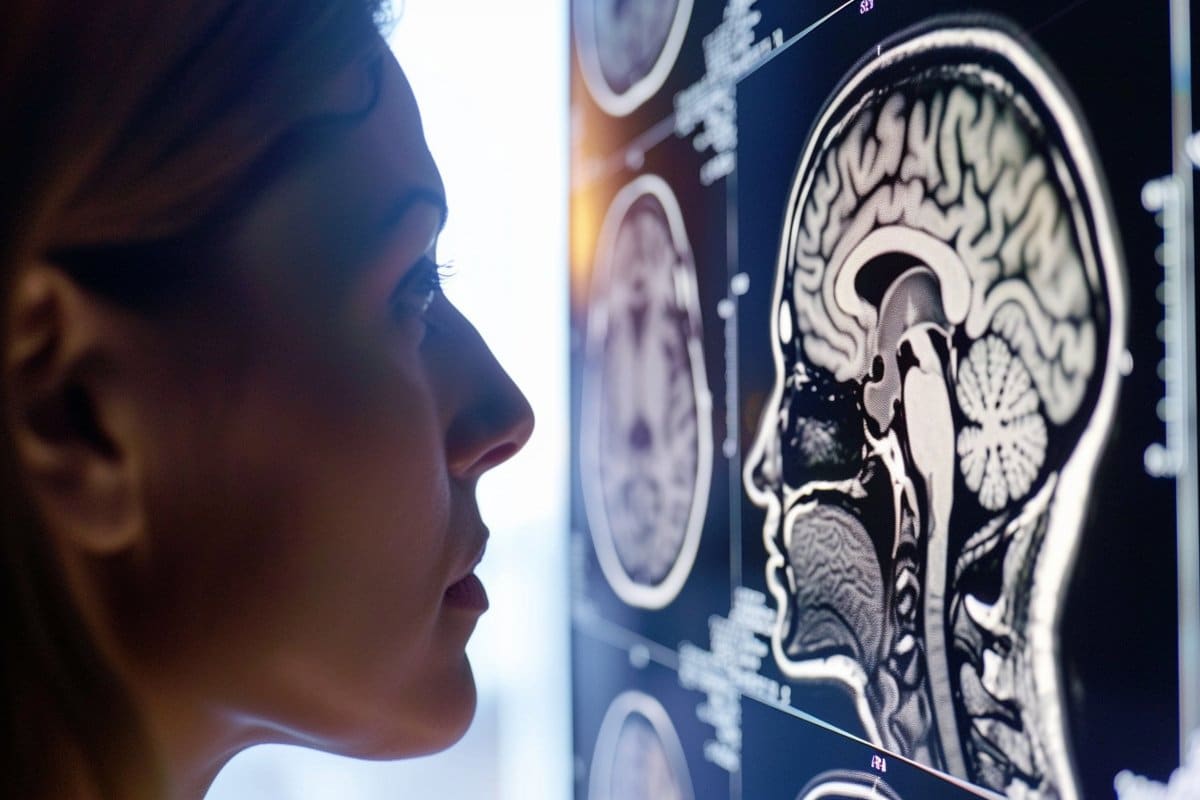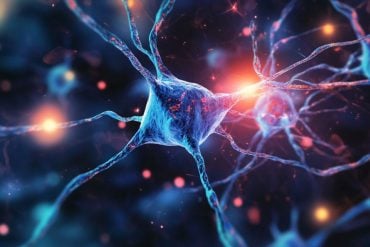Summary: A new study highlights the importance of middle age in understanding and predicting future cognitive health. Researchers emphasize that this period, traditionally between 40 and 65 years, is pivotal for identifying risk factors for dementia and represents a crucial phase for interventions.
Key findings include significant brain changes during middle age, such as structural shifts and altered gene expression, which are linked to cognitive decline. This research underscores the need for more studies on middle age to develop early screening methods and identify new therapy targets, potentially offering insights into preventing cognitive deterioration.
Key Facts:
- Significant Brain Changes: Middle age is marked by crucial changes in the brain’s structure and function, including the shrinking of the hippocampus and decreased brain connectivity, which are associated with cognitive decline.
- Potential for Early Intervention: Understanding the brain’s transformation during middle age could lead to early screening and interventions, offering a better chance of mitigating future cognitive issues.
- Research Gaps and Opportunities: The review calls for increased focus on middle age to identify novel biomarkers and therapeutic targets, as well as to explore the impact of lifestyle factors like exercise and the differences in brain aging between sexes.
Source: Cell Press
The middle-aged brain could provide a window into future cognitive health, researchers write in a review publishing March 19 in the journal Trends in Neurosciences.
The team reviewed evidence from human and animal studies suggesting that middle age—commonly considered as the period between 40 and 60 or 65 years of age—marks a shift in brain aging. They argue that more research should be dedicated to middle age, a period of life that is historically understudied.

“Middle age is associated with specific and modifiable risk factors for future dementia risk,” write the authors, who include neuroscientist Yvonne Nolan of APC Microbiome Ireland at University College Cork.
“We encourage giving this previously understudied period of life renewed consideration.”
Most studies of brain health and cognitive decline focus on older age groups, but by this time, interventions may have limited efficacy. Screening for risk of future cognitive decline could help by allowing treatment to begin earlier when it might be more effective. A better understanding of brain shifts during middle age might also help identify novel targets for therapy, the researchers say.
During middle age, the brain undergoes significant molecular, cellular, and structural changes, and many of these changes have been linked to cognitive decline, which has also been shown to accelerate during middle age.
“There is good evidence to suggest that the human brain undergoes non-linear structural and functional changes during middle age that have implications for cognitive functioning, and variation in these processes could account for individual trajectories in cognitive aging,” the authors write.
Structurally, middle age is associated with changes in the volume of several brain structures, shrinking of the hippocampus (a brain structure involved in memory and learning), and decreased connectivity between different parts of the brain.
“The fourth and fifth decades of life may be a turning point in the organization of brain networks, characterized by optimal efficiency, system segregation, and modularity, followed by accelerated decay of these properties,” the authors write.
Middle age is also associated with changes in gene expression, both within the brain and in other parts of the body. In the human brain, studies show increased expression of immune-related genes and decreased expression of synaptic genes. The authors also point to evidence suggesting that changes in other parts of the body may predict brain health and function.
“Factors in systemic circulation—mainly proteins secreted by various organs—are understood to mediate brain aging in terms of cognition, plasticity, adult neurogenesis, and neuroinflammation,” the authors write.
“Some of the largest peaks of change across the entire adult lifespan occur during middle age, as measured in plasma, peripheral blood monocytes, and muscle.”
There is some evidence that exercise might aid healthy cognitive aging, but more research is needed.
“Studying the intersection of aging- and exercise-related molecular processes could unveil new therapeutic targets,” the authors write.
Further research is also needed to investigate observed sex differences in brain aging, as evident in the higher rate of dementia in women, the researchers say. They also note that it will be important for future studies to differentiate processes that cause declining brain health from biomarkers that reflect compensatory mechanisms.
“Ultimately, scientists will want to find novel therapeutic targets to mitigate unhealthy cognitive aging,” the authors write.
“We argue that applying recent trends in aging research to this period of life could reveal novel biomarkers and possible interventions to combat cognitive decline in an increasingly older global population.”
Funding: This research was supported by the Science Foundation Ireland, the Irish Health Research Board, and Alzheimer Nederland.
About this brain aging and neuroscience research news
Author: Kristopher Benke
Source: Cell Press
Contact: Kristopher Benke – Cell Press
Image: The image is credited to Neuroscience News
Original Research: Open access.
“The ‘middle-aging’ brain” by Yvonne Nolan et al. Trends in Neuroscience
Abstract
The ‘middle-aging’ brain
Middle age has historically been an understudied period of life compared to older age, when cognitive and brain health decline are most pronounced, but the scope for intervention may be limited. However, recent research suggests that middle age could mark a shift in brain aging.
We review emerging evidence on multiple levels of analysis indicating that midlife is a period defined by unique central and peripheral processes that shape future cognitive trajectories and brain health.
Informed by recent developments in aging research and lifespan studies in humans and animal models, we highlight the utility of modeling non-linear changes in study samples with wide subject age ranges to distinguish life stage-specific processes from those acting linearly throughout the lifespan.






